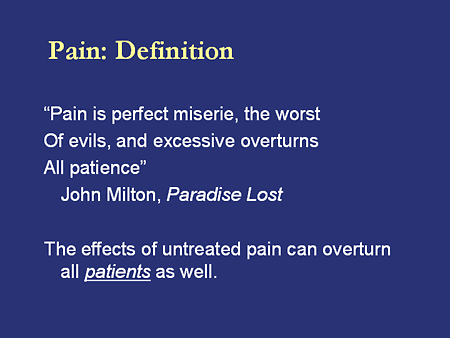

Paternalist policies are often criticised on the grounds that they amount to an infringement of liberty. The idea that governments may restrict the choices of individual citizens for their own good is commonly known as paternalism. That is, they require governments to restrict the choices of their citizens in certain areas.

Many government measures aimed at changing the behaviour of individuals entail some level of coercion. The new approach attempts to control peoples’ patterns of behaviour ‘in their own interests’. This approach to welfare policy denotes a general shift in emphasis away from simply helping the poor through the provision of income support and various welfare services with relatively few demands made. Such paternalist policies often involve the close supervision by governments of the lives of poor people who have become dependent on income support. According to this approach, governments are seen as having an active role to play in the re-shaping of citizens’ behaviour-and, in particular, those citizens who are income support recipients and who are especially disadvantaged. This latter development reflects a paternalist turn in the welfare policies of many western democracies over the past two decades, known as the ‘new paternalism’. In Australia, this has led to an increased policy focus on areas such as preventive health, gambling regulation and behaviourally based welfare reform. This is particularly the case as more becomes known about the cost to individuals and society of certain forms of personal behaviour, such as gambling, consumption of unhealthy food, alcohol abuse and smoking of tobacco. Governments are increasingly called upon to introduce policies designed to change the behaviour of individuals. The authors would like to thank Dr Simon Barraclough and Dr Sarah Miskin and colleagues, Brenton Holmes, Dr Mark Rodrigues and Michael Klapdor for their insightful comments and assistance in the preparation of this paper. This paper suggests that the principles of discrimination, proportionality, accountability and efficacy provide a framework with which to consider the appropriateness or otherwise of various forms of paternalist intervention. Relatively little scholarly attention has been devoted to the questions of what particular forms of paternalism may be deemed to be appropriate.It is further argued that if paternalist interventions are able to be justified in terms of people’s own values and preferences, then this adds weight to their acceptability given that they do not undermine people’s autonomy. This paper argues that paternalist policies may be considered justifiable under circumstances where high stakes decisions are involved, the decisions being made by individuals are irreversible and it is possible to identify failures in people’s reasoning.This suggests that the main issue is not whether or not paternalism itself is justifiable, but rather the conditions under which particular paternalist policies may be said to be justifiable. While paternalist policies are often contentious, they are nevertheless ubiquitous.Paternalist policies are often controversial, not least because they infringe a key principle of liberal societies namely, that citizens are best placed to know their own interests.Governments are increasingly called upon to introduce paternalist policies-that is, policies that restrict the choices of individual citizens in their own interests and without their consent.Settled preferences-or, the current and future selfĮvidence and compulsory income management Possible grounds for paternalist public policy


 0 kommentar(er)
0 kommentar(er)
